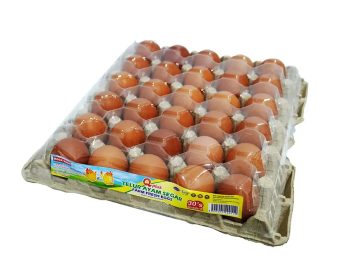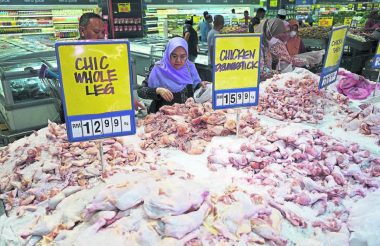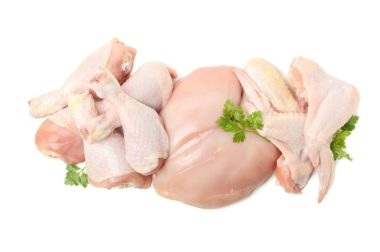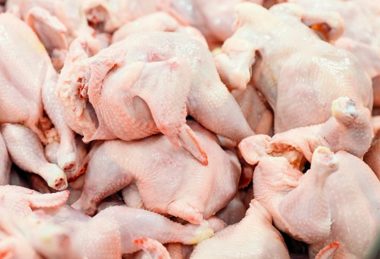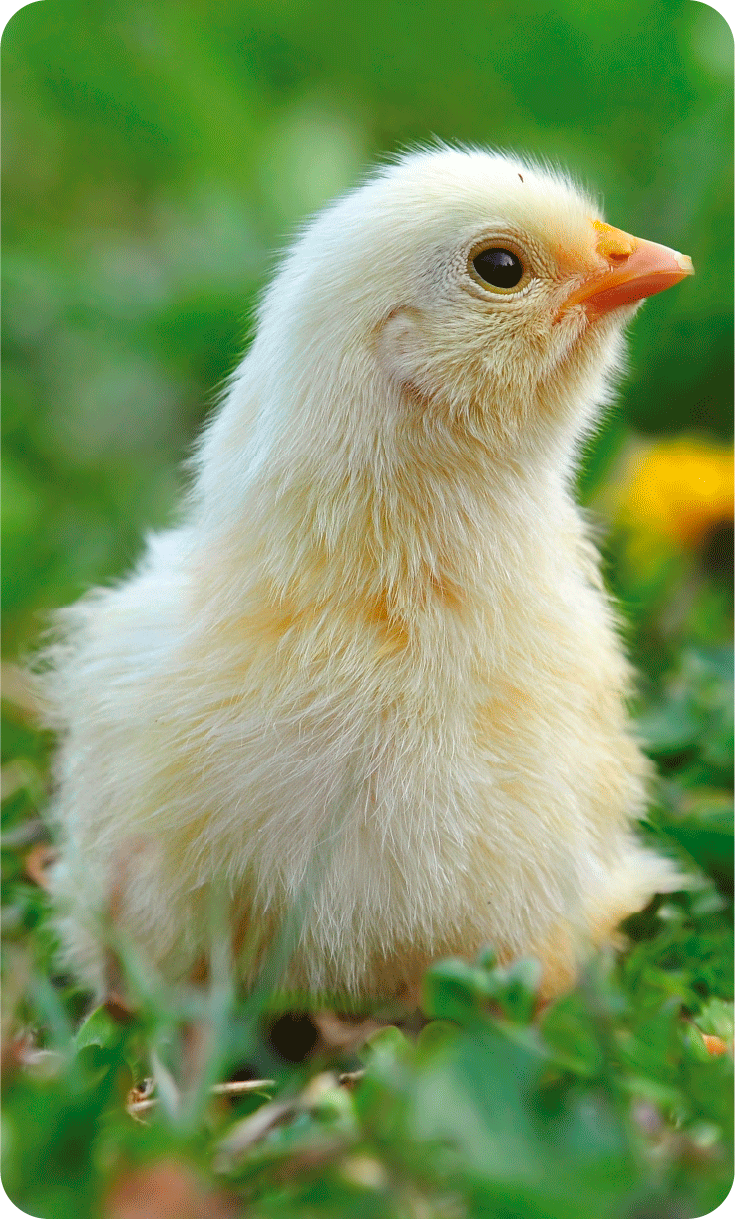14 Apr 2025
Navigating tariffs: How Malaysia’s poultry sector can thrive amid US trade barriers
For Malaysia's poultry sector, the new US tariffs present challenges that require strategic government intervention to mitigate potential adverse effects.
Kandungan boleh didapati di:
English
In April 2025, the United States imposed significant tariffs on various imports, including poultry products. These measures have disrupted global trade, affecting both exporting and importing nations. For Malaysia’s poultry sector, the new US tariffs present challenges that require strategic government intervention to mitigate potential adverse effects.
Understanding the impact of US tariffs
The US tariffs, averaging 25%, have increased the cost of importing poultry products into the US, leading to a decline in demand for foreign poultry. Countries heavily reliant on poultry exports to the US, such as Brazil and Thailand, are experiencing economic strain, which could lead to a reduction in global poultry supply. This scenario may result in increased global poultry prices, affecting Malaysia’s import costs and domestic poultry producers’ competitiveness.
Government subsidies and price controls
Historically, the Malaysian government has actively intervened to stabilize poultry prices and ensure supply security. In June 2022, the government allocated approximately USD 83.79 million in subsidies to chicken and egg producers to maintain affordable prices. This initiative aimed to support local producers and shield consumers from price volatility.
In February 2023, the government extended its support by providing about USD 290.46 million in subsidies to ensure a stable supply of chicken and eggs. This substantial investment underscored the government’s commitment to food security and producer support.
However, by November 2024, the government began removing subsidies and price controls on chicken to reduce subsidy leakages benefiting non-target groups. This policy shift aimed to promote market-driven pricing while ensuring that subsidies were effectively targeted.
Strategic measures to mitigate tariff impact
To protect Malaysia’s poultry sector from the adverse effects of new US tariffs, the government could consider the following measures:
-
Reintroduce targeted subsidies: Temporarily reintroducing subsidies for poultry producers can alleviate increased production costs resulting from higher global prices. Focusing subsidies on small and medium-sized enterprises (SMEs) ensures that support reaches those most affected.
Diversify export markets: Encouraging poultry producers to explore alternative markets beyond the US can reduce dependence on a single export destination. Identifying and penetrating new markets, especially in regions less affected by US tariffs, can sustain export revenues.
Enhance domestic production: Investing in domestic poultry production capabilities can reduce reliance on imports and bolster food security. Providing incentives for technological advancements and efficient farming practices can increase productivity and competitiveness.
Negotiate trade agreements: Engaging in diplomatic efforts to negotiate trade agreements that reduce tariff barriers can open new markets and ensure favorable terms for Malaysian poultry exports.
Implement price atabilization programs: Establishing programs that stabilize domestic poultry prices can protect consumers from global price fluctuations. These programs can include strategic reserves and price monitoring mechanisms.
Conclusion
The April 2025 US tariffs pose significant challenges to Malaysia’s poultry sector. However, through strategic government interventions—such as targeted subsidies, market diversification, domestic production enhancement, trade negotiations, and price stabilization programs—the sector can navigate these challenges effectively. These measures will not only protect the industry from external shocks but also promote sustainable growth and food security in Malaysia.
Sources:
Global Trade Alert. “Malaysia Government Provided RM 369.5 Million to Farmers to Stabilize Chickens and Chicken Eggs Prices.” globaltradealert.org
Global Trade Alert. “Malaysia Government Provided RM 1.28 Billion Subsidy for Ensuring the Supply of Chickens and Chicken Eggs.” globaltradealert.org
Business Insider. “China US Tariffs Retaliatory Tariffs Imports Exports Response Xi Trump.” businessinsider.com



